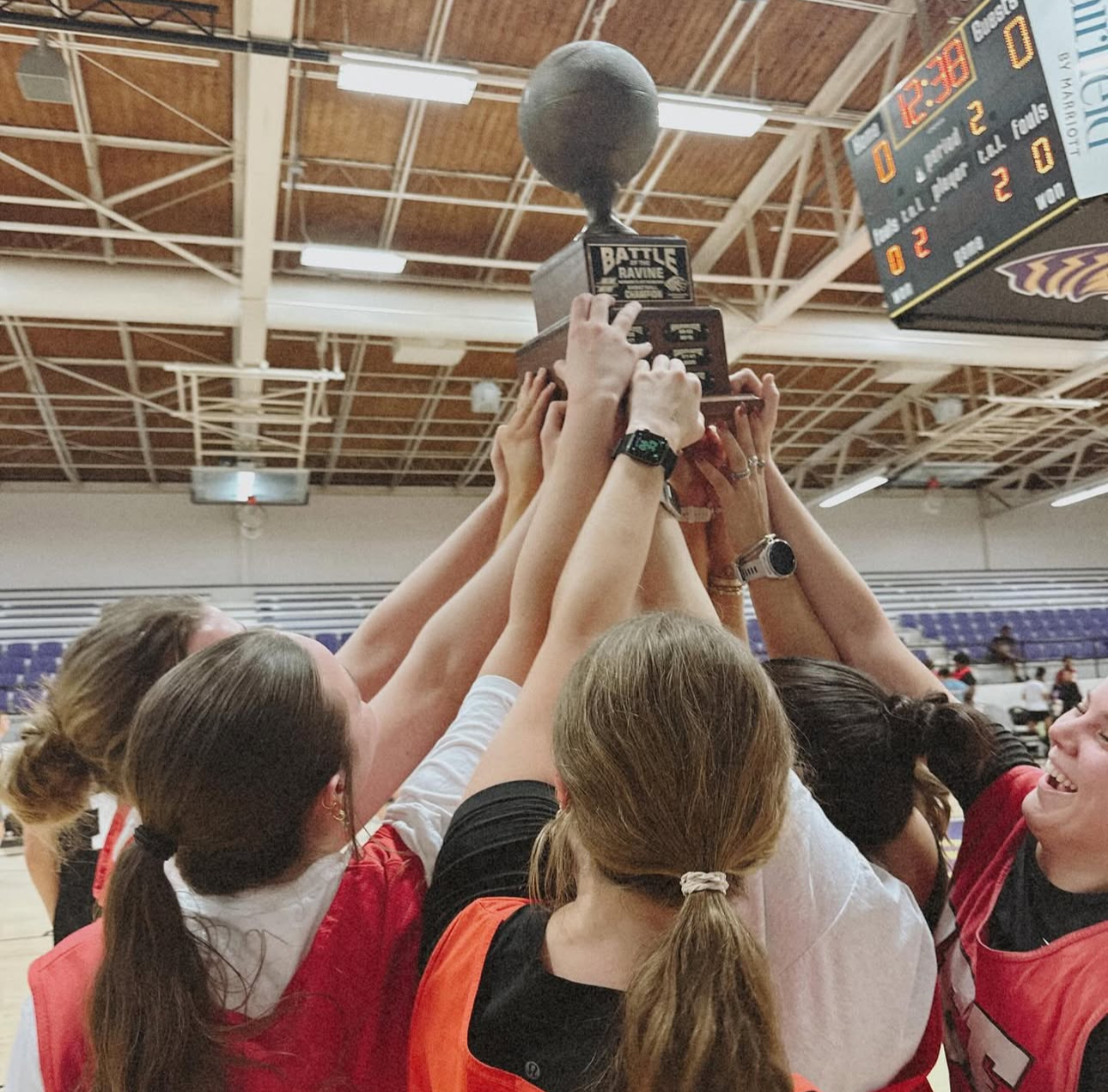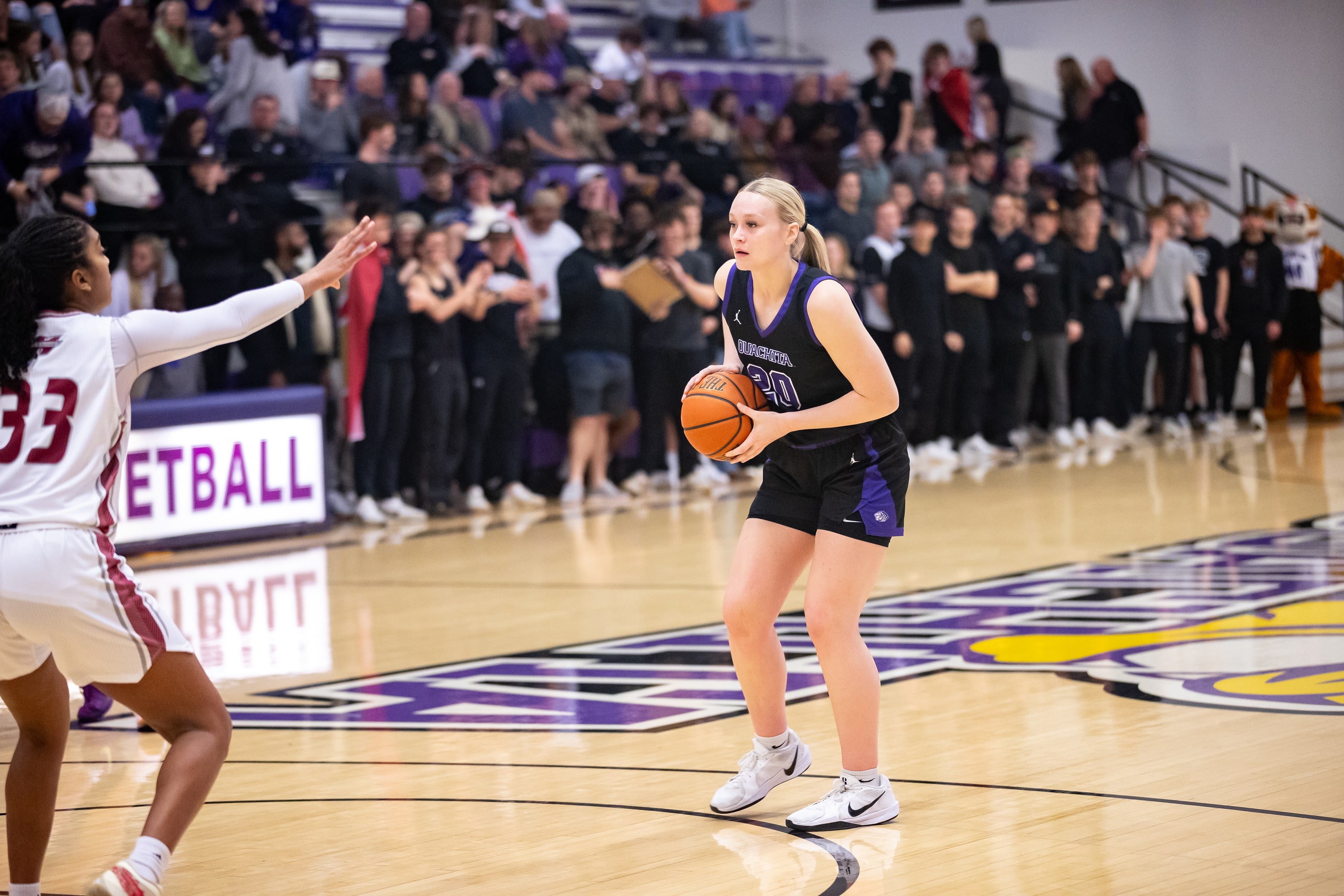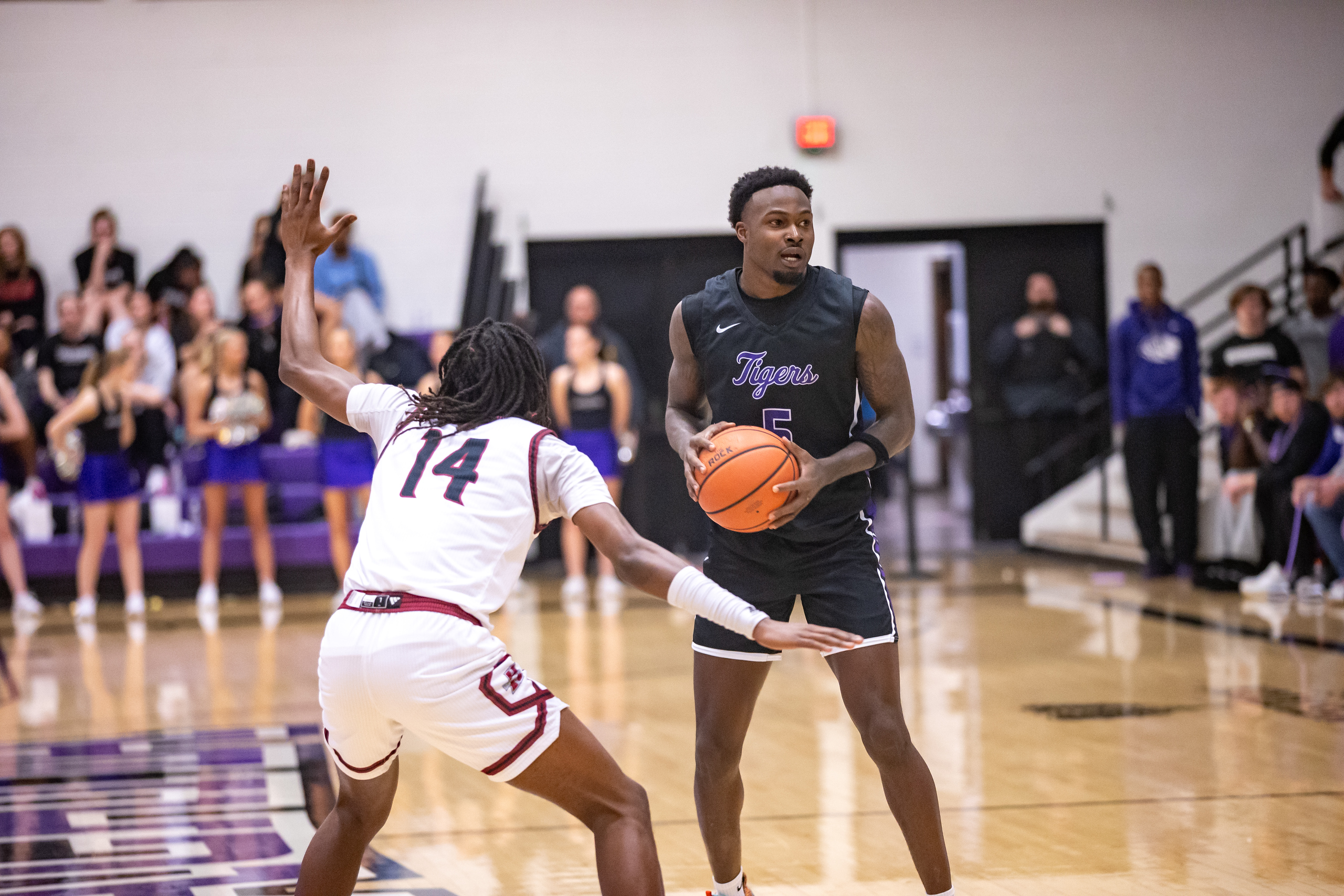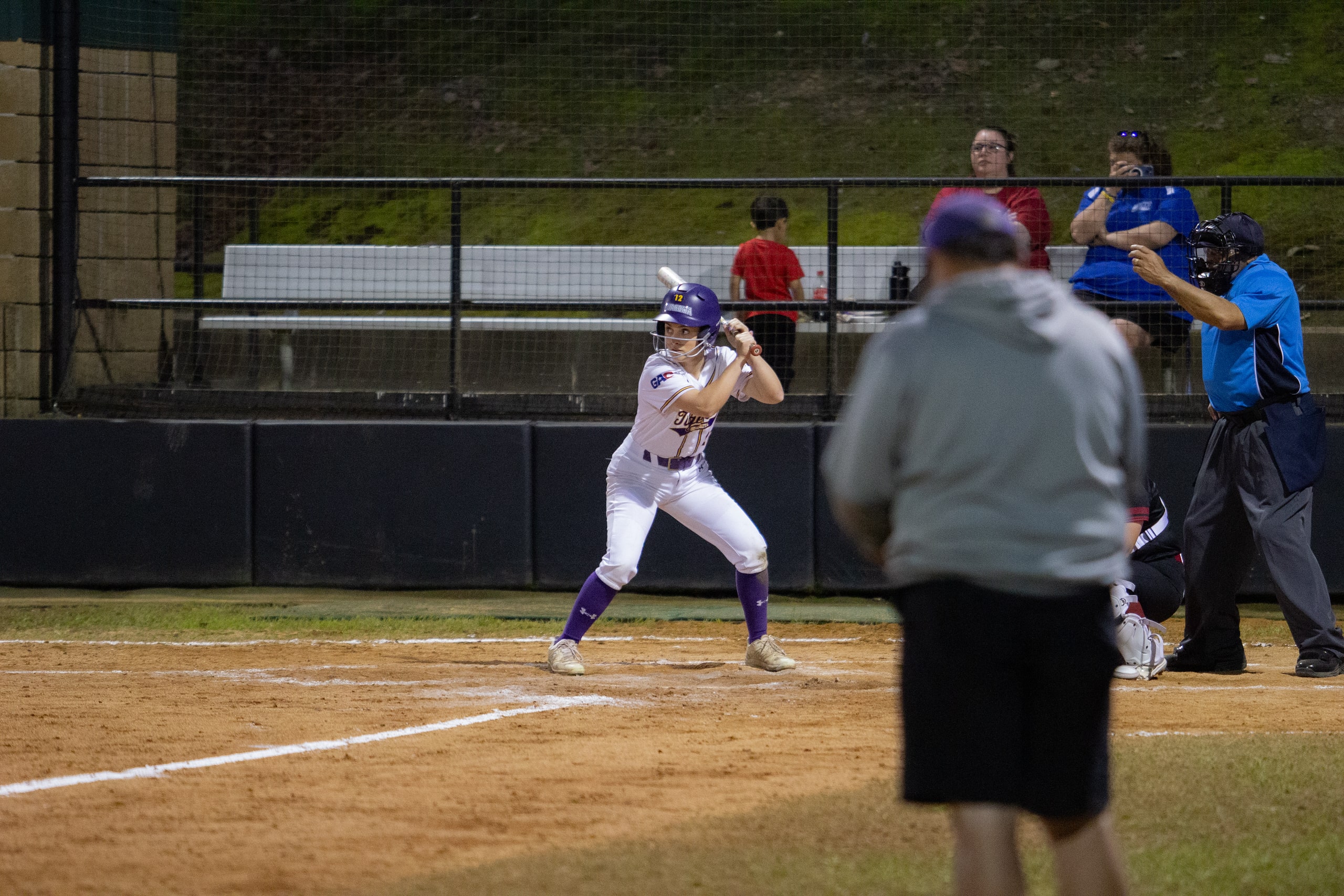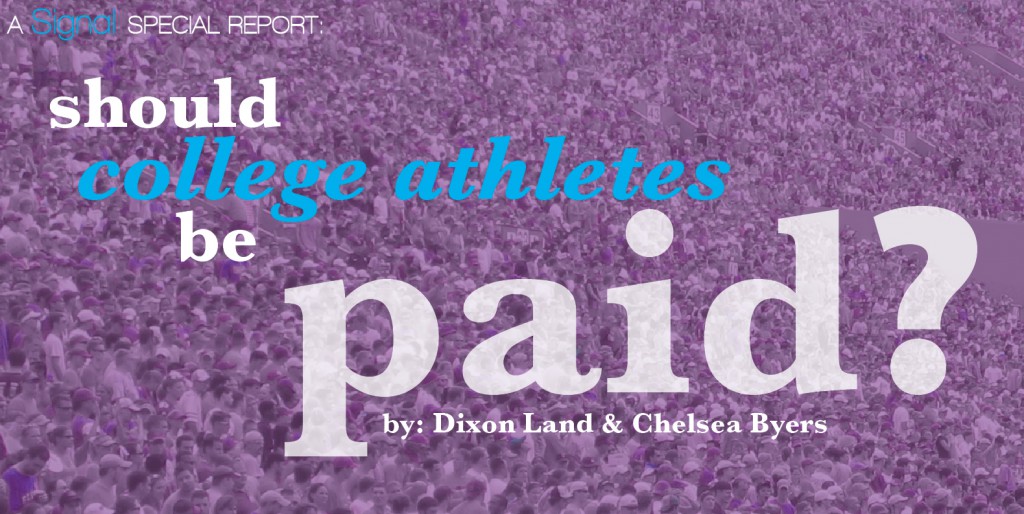
Stemming from recent controversy regarding Johnny Manziel, Cam Newton and the Ohio State football team (including notably Terrell Pryor), the old debate regarding paying collegiate athletes has flared up once again.
It’s important that fans understand some of the main points that have been presented from both sides and then make their own conclusions on the subject.
The NCAA has remained firm on the issue, including a recent statement from NCAA president Mike Emmert, who commented on the issue.
“Rather than push college athletics further and further from academics,” he said, “we need to bring it closer. Compensation for students is just something I’m adamantly opposed to. We’re providing athletes with world-class educations and world-class opportunities.”
Nevertheless, the amount of money that is made annually from college football has led to serious criticism of the NCAA’s decision to keep that money regulated to the school, the program, and itself; and out of the hands of the players that generate it.
The Money Situation
One of the major issues anticipated by many, if the NCAA were to reform, is the way the money would be spent.
Some argue that players should each receive a stipend that would help them pay for meals, gas and the occasional movie night.
Others argue that players should be played on merit. They say that someone like Johnny Manziel or Jameis Winston should be payed more based on their performance than a third-string defensive lineman. Anti-pay advocates argue that scholarships are enough. They say that the NCAA would have a tough time regulating stipends and have an even tougher time defining different levels of merit for merit-based pay.
Furthermore, many argue that by allowing this to happen, the NCAA would turn into the NFL where money is just as much a factor to winning a football game as player’s ability is.
Recruiting Advantages
Many argue against paying collegiate athletes because of the unfair advantage that bigger schools would have.
If a major Division One school can pay an athlete more to sit on the bench for four years than a smaller school can pay its best player, then that creates an unfair advantage towards the established schools and creates a top-heavy system. Furthermore, this negates the chance for many schools to improve their program through good, fair recruiting.
As a counterpoint, advocates of paying players say that athletes should be allowed to pick a school based on how much they can pay.
Why not gain more money? Many athletes would benefit by making a decision to play for more money, similar to the way players do in the NFL all the time.
The Money Generated
The biggest issue that many bring up when discussing whether or not players should be paid is the massive amount of money that pours into universities and the NCAA each year due, in large part, to ticket sales, merchandise and advertisement. Should players have a share of this money?
They certainly generate it through their play on the field.
In the allegations that Manziel possibly received money for autographs, Dez Bryant had some serious words to say that echo many players’ view on this subject.
“He should be able to sign as many autographs and make as much money as he wants, because it’s his name,” Bryant said. “I feel like he’s the one who created it. Shoot, the NCAA is making money off of it when they’re selling those No. 2 shirts. Why can’t he make a little bit of money off of it?”
While specific to making money off autographs, this does tailor specifically to a broader complaint among many that the NCAA and many universities make millions of dollars on their players’ performance.
Implications for Div. II, III
Another major question that has been raised by many is the affect that this type of change would have on the subdivisions of college football.
Those that play in Div. II and III put in a significant amount of their time to practicing and work just as hard. Would such regulation and monetary changes apply to these student-athletes as well? In reality, there are many points in this debate. While this issue can be debated, the NCAA has been clear on its decision: it’s not going to budge.
Nevertheless, fans must remember that these are students. They are college kids that are going to make mistakes and thus must still be held to the standard of an amateur until they are ready to become a professional. That is a process that doesn’t just happen overnight.
By paying athletes, the NCAA would take away its “amateur” status and the level would become professional. College football would become a simple stepping stone to the NFL, dominated by more conflict off the field than on it.
Do we really want that in college football? That’s the underlying debate that warrants more discussion.


